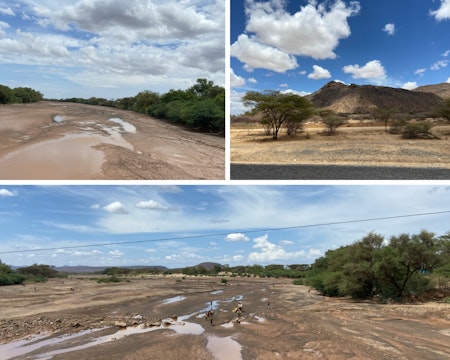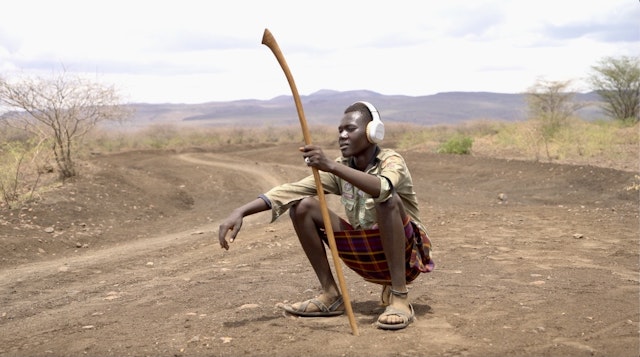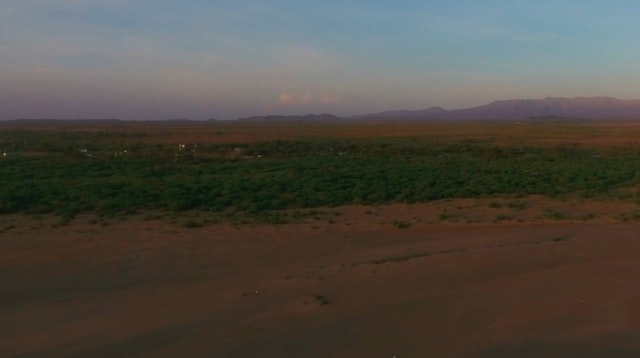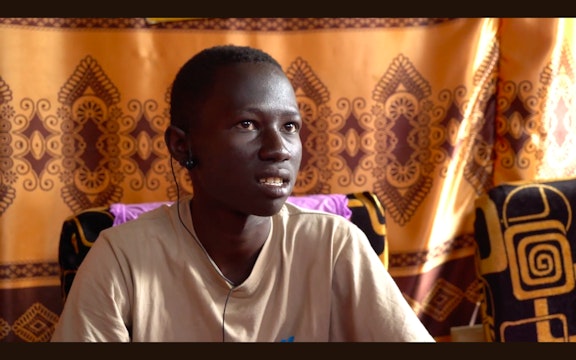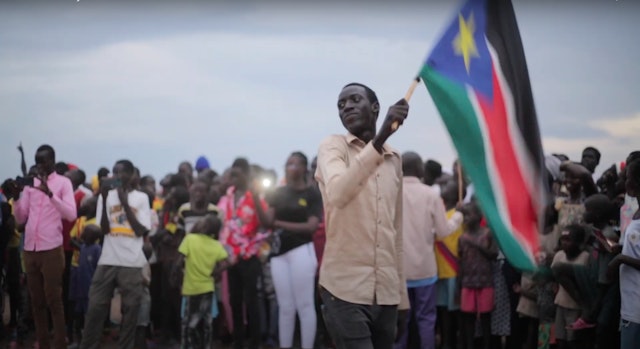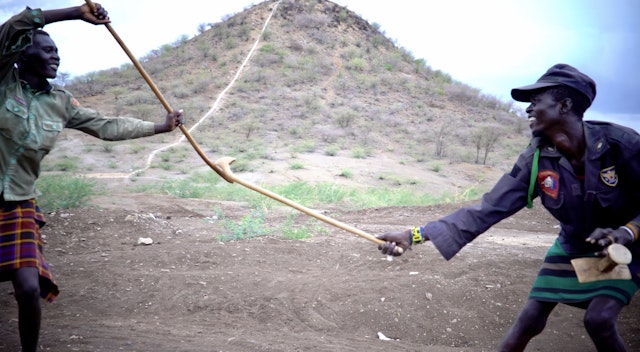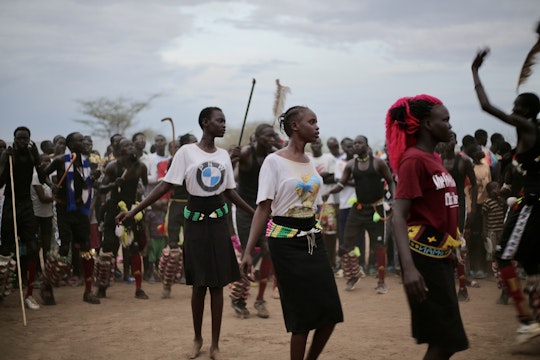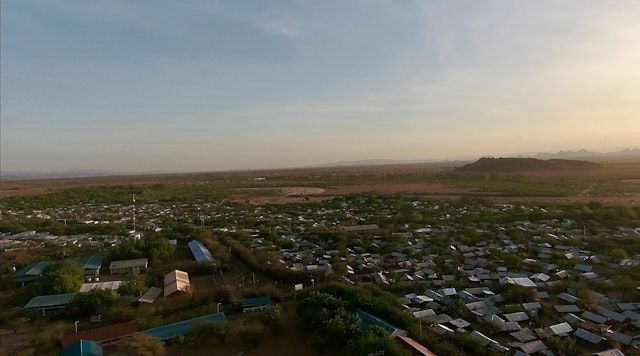Simoneah
Visiting Kakuma, one of our main interests is to understand the preservation of sounds, dance and traditions of South sudanese tribes after years of migration
Visiting Kakuma, one of our main interests is to understand the preservation of sounds, dance and traditions of South sudanese tribes after years of migration
Certain instruments are preserved or re-invented with time, to keep making their sounds, for example using a hoe as an alternative instrument to create a metallic and high tuned sound. My mind goes into a trance realizing how the music is repetitive, with just a couple of percussive elements changing.
In refugee camps and most African cultures, church and traditional music gatherings have become a way of escaping from the daily existence and staying hopeful. It's interesting to see how on the one hand, traditional African sounds are now used in church songs for newly adopted religions, rather than creating new sounds. That for instance takes away from the uniqueness of traditional music because it is now oriented to fit a different belief. On the other hand, seeing how traditional music and spontaneous celebration gatherings bring people together from different tribes in the camp like Nuer, Pojulu and more, brings back the perspective of celebration of life, just for the sake of celebrating, with no other intention than to have a good time and appreciate being alive. Hundreds of people can gather in minutes just by the sound of the drums, and before you know it, you’re in the middle of a celebration.
It is difficult to define to what extent these cultures have prevailed… and surely, they have not disappeared. Tribes living in Kakuma have kept their core identities while at the same time being influenced by the western world.


